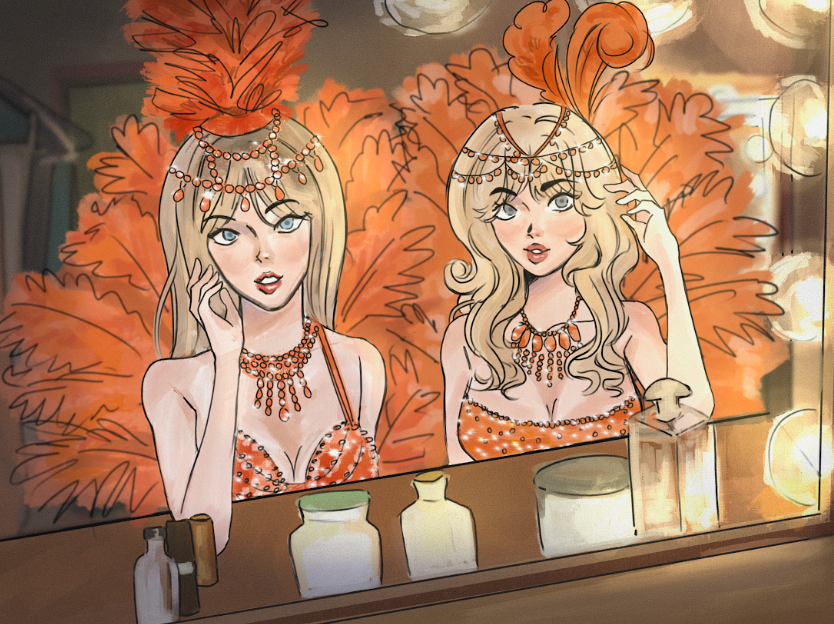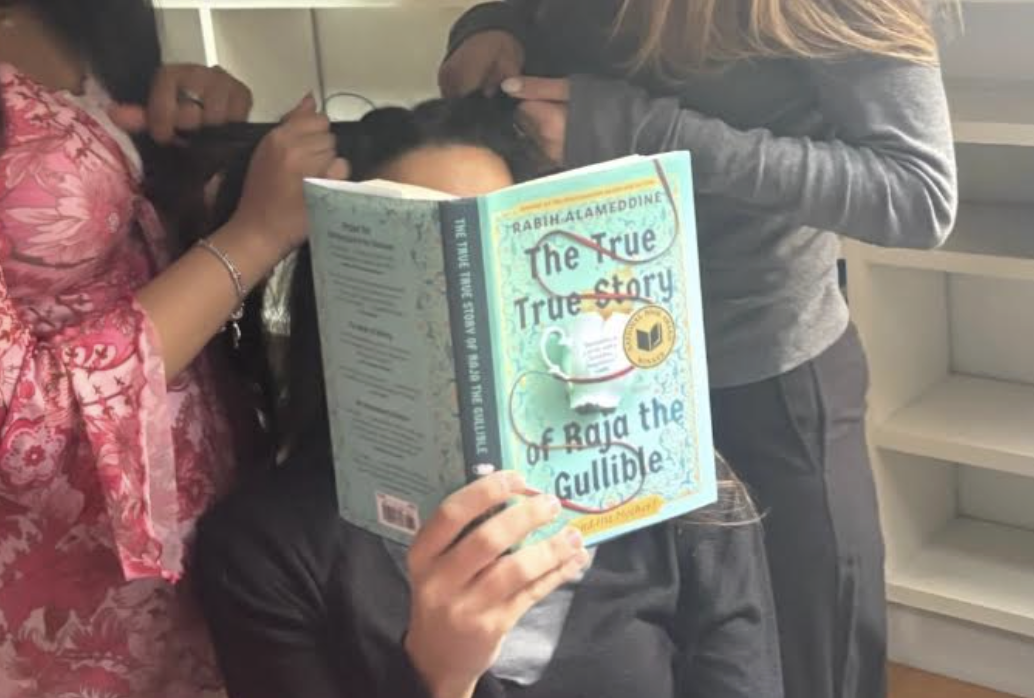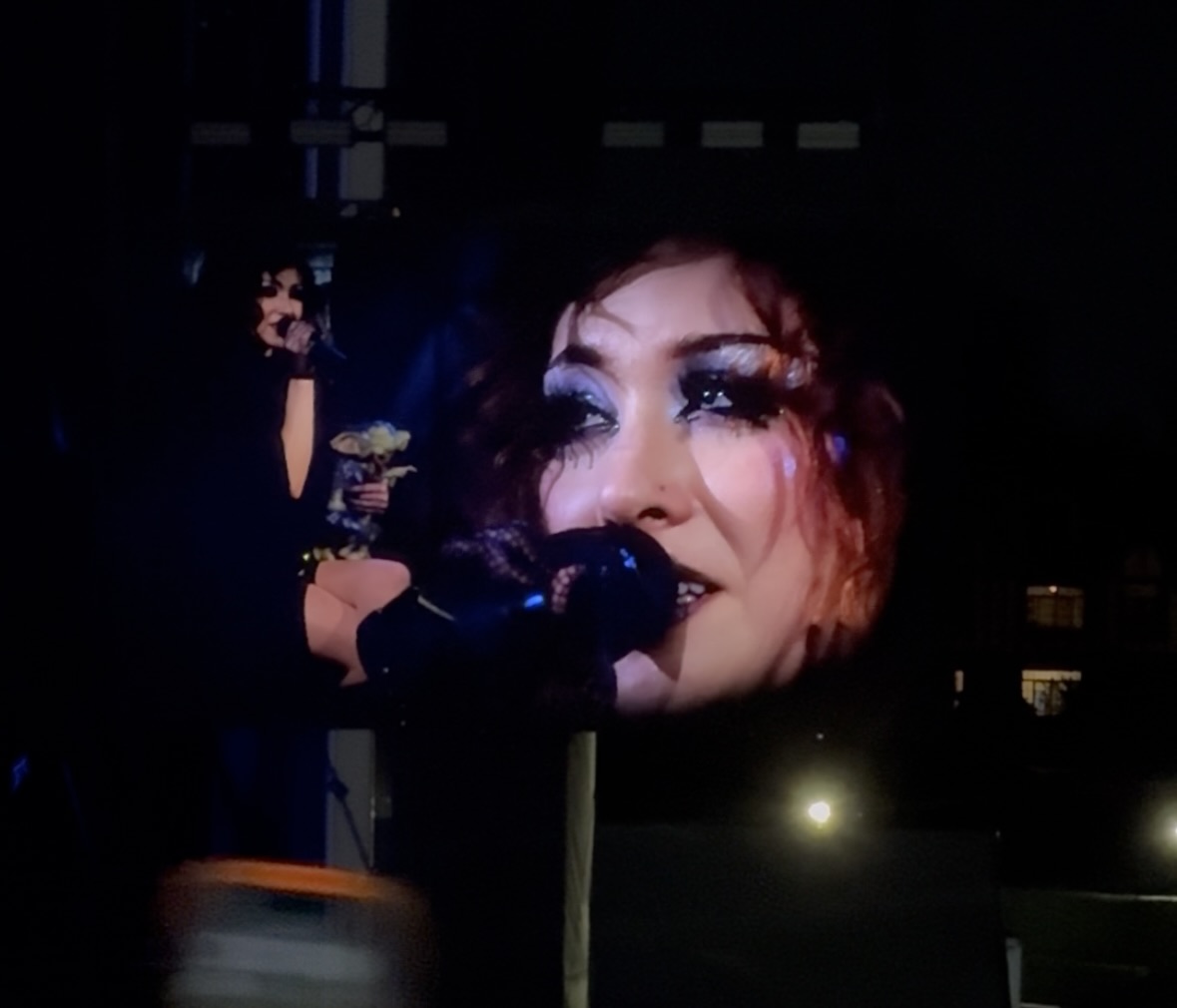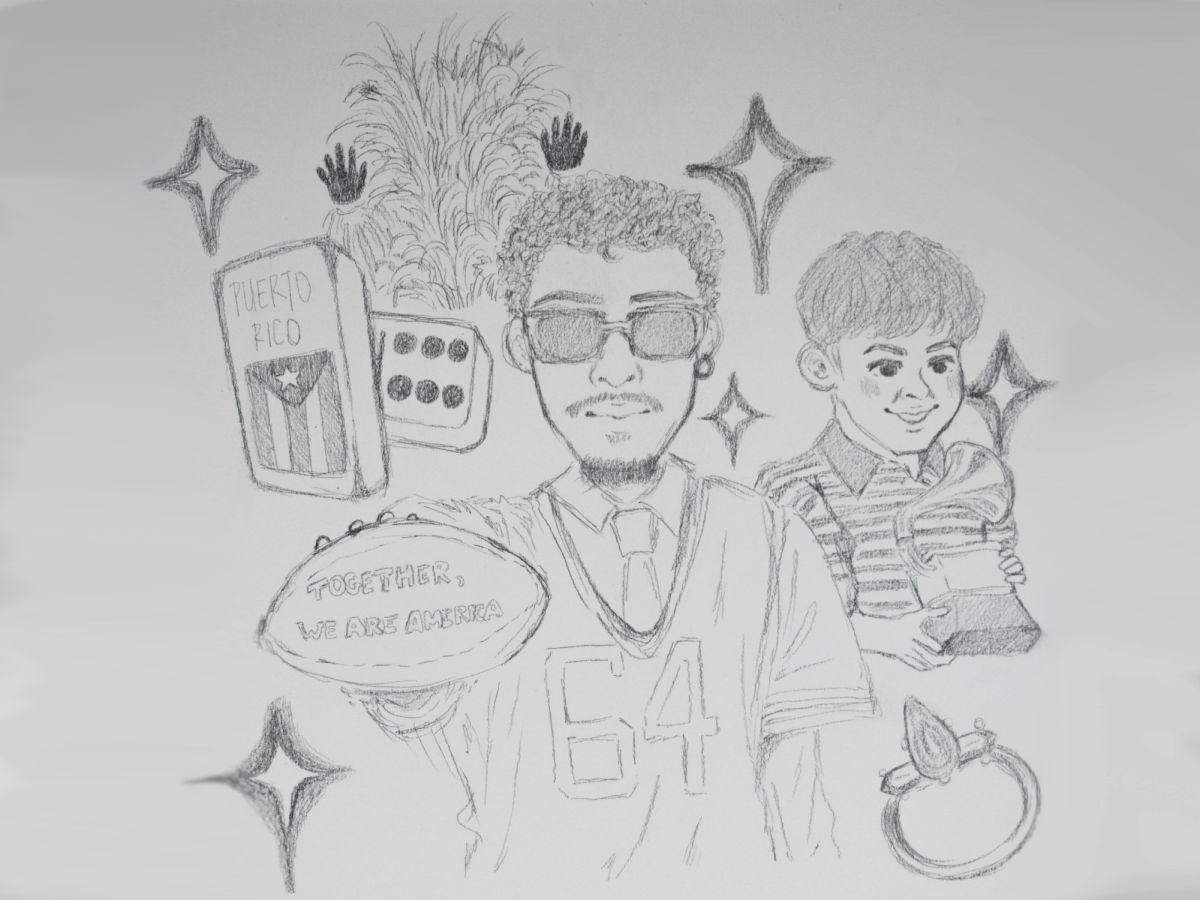Taylor Swift released her 12th studio album “The Life of a Showgirl” on Oct. 3 to much commercial success. The album boasts a record for the most-streamed album on Spotify, Apple Music and Amazon Music in a single day this year. The album was announced earlier this year in August on “New Heights,” her now-fiancé Travis Kelce’s podcast.
The most glaring issue lies in the lyrics on this album. The sharp writing she frequently prides herself over is replaced with colloquial phrases one can only understand with high screen time and internet access. In her songs, she croons that “this isn’t savage,” asks if she “girlbossed too close to the sun” and “pledges allegiance” to Kelce’s “vibes.”
In addition to the surprising barrage of Gen-Z social media language, she also seemingly misinterprets literature. In “The Fate of Ophelia,” Swift writes that her lover “saves her heart from the fate of Ophelia,” a clear reference to Shakespeare’s “Hamlet” in which Ophelia commits suicide. However, the conflict in Hamlet for Ophelia was not exclusively that she was trapped and needed saving, but rather she was distressed by the conflicting interests of the parties around her. Swift flattens this narrative to fit her song.
Swift also misses the mark on the work of her contemporaries. On “Actually Romantic,” she allegedly alludes to Charli XCX feeling “sick to see her face” at The 1975’s concerts, the band that includes Charli’s husband George Daniel and Swift’s former partner Matty Healy.
Charli’s song “Sympathy is a knife,” the song Swift references in hers, is about her insecurity of her place in the music industry. Charli laments she “has all these feelings she can’t control” about her place in the industry in comparison to Swift’s presence, thus she’s “so apprehensive” and does not “wanna see her backstage at her boyfriend’s show.” Swift interprets Charli’s nuanced take obtusely and chooses to attack her on the new album as a result.
A lack of nuance is also generally present throughout this body of work. Of the 12 songs on the album, six of them are geared towards Kelce: Of those songs, every single metaphor is clear. In “Wood,” she alludes to sex. In “The Fate of Ophelia,” “Opalite” and “Elizabeth Taylor,” she discusses their love in relation to fame. In “Wi$h Li$t” and “Honey,” she sings about feelings of being chosen and hopes of a future with children together.
Previously, when Swift wrote songs about her lovers, she has proven herself capable of writing with tasteful language. In her “Lover” album she writes her love is “the West Village,” a geographically lower tip of Manhattan, “doing it for her.” Even as far back as her “1989” album,
she penned “you’ll see me in hindsight/tangled up with you all night/burning/it/down.” In contrast, she now openly admits “his love was the key/that opened her thighs” on “Wood,” leaving very little to the imagination.
In the past, she’s written that “all the boys with their Jaguars” didn’t impress her in her “Reputation” album, yet now her friends “are cloaked in Gucci and scandal,” according to “CANCELLED!” and people are now jealous of her “Balenci’ shades” from “Wi$h Li$t.” There has been a seismic shift in her narrative.
Throughout the lyricism shown in the album, Swift abandons a decade’s worth of building a brand unique to her image.
The girl next door who fell in love with sweet boys is now a larger-than-life victim of public scrutiny who champions the American Dream without question. The album imaging and marketing stands in direct contrast to the product. Swift’s latest album is not a window into what her life was like on the Eras Tour, but rather what its riches have made her become.








